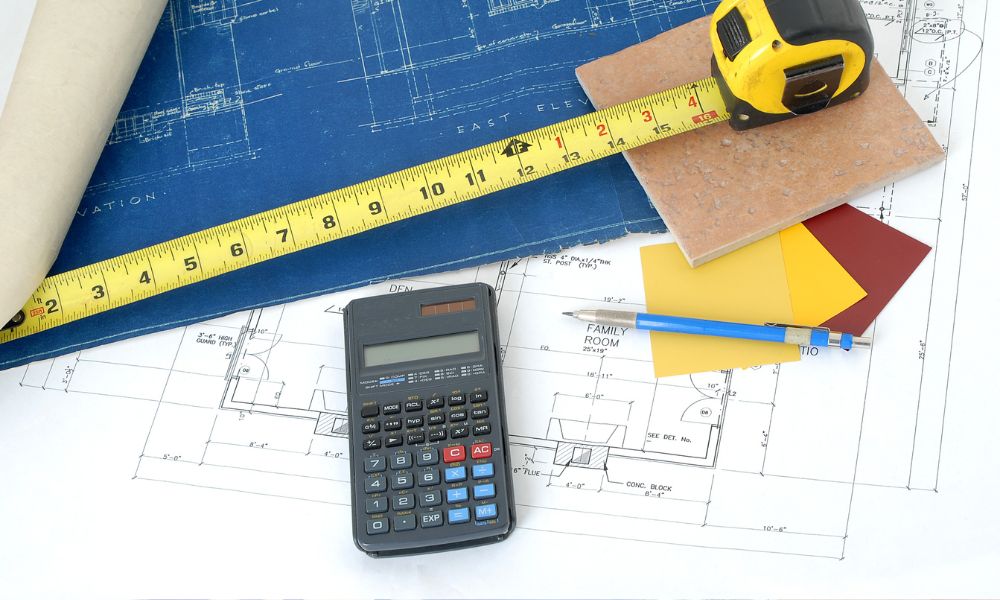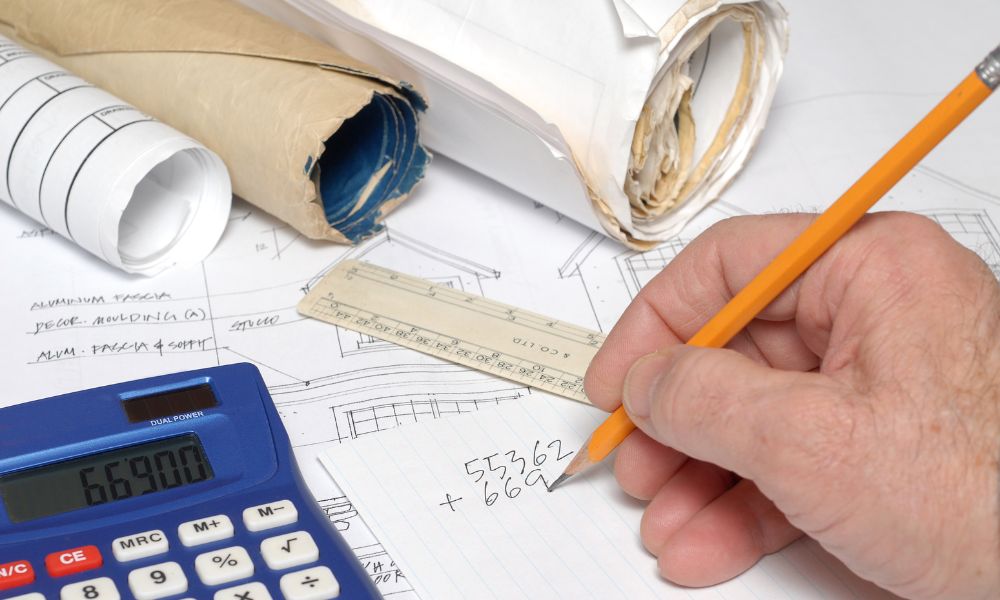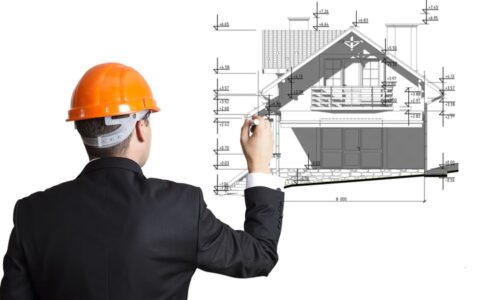The rapid rise of artificial intelligence (AI) in construction is revolutionizing how quantity surveyors operate. From automating routine tasks to enhancing predictive accuracy, AI offers unprecedented advantages in terms of speed, precision, and cost-efficiency.
In this blog, we’ll explore the key areas where AI is making a significant impact, the benefits it offers, and what the future holds for quantity surveying in a digital-first world.
The Role of AI in Quantity Surveying
AI’s ability to analyze massive datasets, automate complex calculations, and predict future trends has revolutionized the construction industry. In the realm of quantity surveying, AI has improved project estimation, cost management, and risk assessment. By using algorithms that learn from past data, AI can forecast costs and identify potential issues much earlier than traditional methods.
AI in Cost Estimation
One of the most important applications of AI in quantity surveying is in cost estimation. Traditional methods required surveyors to manually analyze project blueprints and input data into software programs. With AI, this process is significantly streamlined. AI-powered tools can analyze project documents and historical data to generate highly accurate estimates in a fraction of the time it takes for manual calculations.
By analyzing past projects and real-time data, AI algorithms can predict costs with a higher level of precision. These estimates are not only faster but also adjust dynamically as project changes occur. For instance, if a design is modified, the AI system can automatically update the estimate to reflect the new requirements, minimizing human error and improving accuracy.
Automation of Routine Tasks
AI tools have automated many routine tasks in quantity surveying, such as quantity take-offs, cost scheduling, and progress tracking. These tasks traditionally required a great deal of manual input and time. By automating them, AI frees up surveyors to focus on more strategic tasks such as financial planning and project management.
For example, tools like Bluebeam and PlanSwift have integrated AI to perform quantity take-offs faster and more accurately. Instead of manually calculating dimensions from paper blueprints, these tools automatically generate measurements from digital project files, allowing surveyors to focus on analysis rather than data entry.
Risk Management and AI-Driven Predictions
AI’s predictive capabilities are also transforming risk management in construction projects. By analyzing past project data, AI can identify patterns and predict potential risks such as cost overruns, delays, or resource shortages. This allows surveyors to mitigate risks before they occur, providing a more proactive approach to project management.
For instance, AI can analyze weather patterns, material supply chains, and even labor market trends to forecast potential delays or cost increases. This enables project managers and quantity surveyors to adjust their strategies accordingly, reducing the likelihood of unforeseen issues.

Key Benefits of AI in Quantity Surveying
The integration of AI into quantity surveying offers several key benefits:
Increased Accuracy
By reducing the reliance on manual data entry and calculations, AI drastically improves the accuracy of project estimates. This is particularly important in large-scale construction projects where even small errors can lead to significant cost overruns.
Faster Turnaround Times
AI’s ability to analyze large volumes of data in a short amount of time speeds up the entire quantity surveying process. Tasks that once took days or weeks can now be completed in hours, allowing for faster decision-making and project progression.
Cost Efficiency
AI helps reduce costs in several ways. By providing more accurate estimates, it reduces the likelihood of unexpected expenses during a project. Additionally, automation minimizes labor costs associated with routine tasks like quantity take-offs and project tracking.
Enhanced Collaboration
AI-powered cloud-based tools facilitate real-time collaboration between project stakeholders. For example, cloud-based BIM platforms integrated with AI allow for seamless communication and coordination between architects, surveyors, contractors, and clients, ensuring everyone is on the same page.
Improved Risk Mitigation
AI’s predictive analytics enable surveyors to anticipate potential risks and challenges before they arise. This proactive approach to risk management minimizes costly delays and ensures projects stay on schedule and within budget.
Real-World Applications of AI in Quantity Surveying
AI is already being implemented in many real-world projects, demonstrating its potential to transform the construction industry.
AI in Quantity Take-Offs
Automated quantity take-offs powered by AI are being used by many construction companies to streamline the estimation process. For example, advanced software can automatically identify materials, labor requirements, and project phases from digital blueprints, allowing for quicker and more accurate estimations.
AI in Cost Management
Construction firms are using AI-powered cost management tools to monitor project expenses in real-time. By analyzing data from previous projects, these tools can forecast potential cost overruns and recommend adjustments to keep the project on track.
AI in Scheduling
Scheduling is another area where AI is proving invaluable. AI tools analyze project timelines, labor availability, and material delivery schedules to create highly efficient project plans. These systems can automatically adjust schedules in real-time based on new information, reducing downtime and delays.

Challenges and Considerations for AI in Quantity Surveying
While AI presents significant benefits, its adoption in quantity surveying is not without challenges. Here are a few key considerations for companies looking to implement AI in their workflows:
Data Quality
AI relies on large datasets to function effectively. If the data used is incomplete or inaccurate, AI’s predictions and calculations may not be reliable. Ensuring the accuracy and completeness of data is essential for AI tools to perform optimally.
Learning Curve
Adopting AI tools requires a certain level of expertise and training. Quantity surveyors and project managers need to become proficient in using AI-powered systems to get the most value from them. Training programs and continuous learning will be vital as AI technologies evolve.
Cost of Implementation
While AI has the potential to reduce costs in the long term, the initial cost of implementing AI-powered tools can be high. This includes the purchase of software, training staff, and potentially upgrading hardware systems to handle the processing power required for AI algorithms.
Integration with Existing Systems
Integrating AI tools with existing project management systems can be challenging. Construction companies may need to upgrade or replace their legacy systems to ensure compatibility with new AI technologies.
The Future of AI in Quantity Surveying
As AI continues to evolve, its role in quantity surveying will only become more prominent. Here are some future trends we can expect:
Greater Use of Machine Learning
Machine learning, a subset of AI, will play a key role in future developments. As AI systems gather more data over time, they will become better at identifying patterns and predicting outcomes, further improving their accuracy and efficiency.
Integration with Augmented Reality (AR)
AI and AR could work together to provide even more advanced tools for quantity surveyors. AR could allow surveyors to visualize project data on-site, overlaying digital models onto the physical environment to improve accuracy and communication.
Increased Use of Drones for Data Collection
Drones equipped with AI-powered cameras and sensors could automate the process of site inspections, providing real-time data to quantity surveyors without the need for manual site visits. This could further improve the accuracy and efficiency of measurements.
Embracing AI for the Future of Quantity Surveying
AI is revolutionizing quantity surveying by automating routine tasks, improving cost estimation accuracy, and enabling more proactive risk management. While challenges remain, the benefits of AI far outweigh the hurdles, making it a vital tool for the future of construction. As technology continues to advance, quantity surveyors who embrace AI will be better equipped to meet the demands of an increasingly complex industry.
Ready to embrace the future of Quantity Surveying?
At Measure Manage, we combine industry expertise with cutting-edge AI technology to provide accurate, efficient, and cost-effective surveying solutions. Whether you’re planning a large-scale construction project or need precise cost estimates, our team is here to help you stay ahead of the curve.
Contact us today to learn how AI-driven Quantity Surveying can transform your projects.
📧 Email: info@measuremanage.com.au
📞 Phone: 08 9747 7034
Request a quote now and let Measure Manage take your project to the next level!




